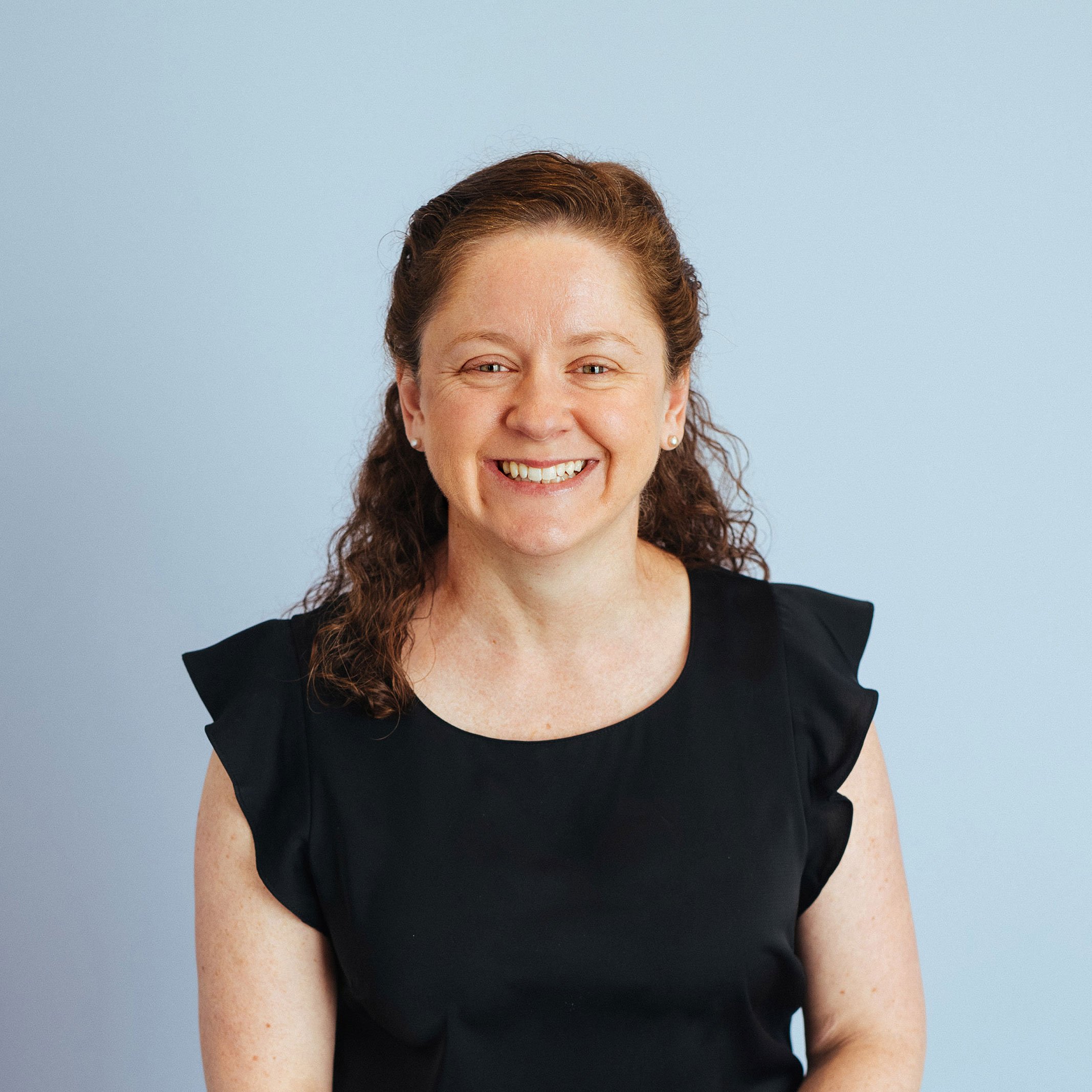
Lyn Formica
Head of Education & Content
Recent legislative amendments have reduced the tax penalty for some expense shortfalls but not all.
All or part of an SMSF’s taxable income will be caught as non-arm’s length income (NALI) and taxed at 45% if:
- someone other than the SMSF trustee provides services to the fund that have a connection with the fund’s income (all or part of it),
- the SMSF trustee and the other party aren’t dealing at arm’s length, and
- the amount charged for those services is less than might be expected in an arm’s length situation (ie there is an expense shortfall).
An SMSF can also have a similar NALI problem where a trustee provides services to their own fund in their non-trustee capacity (ie the service wasn’t something that fell within the normal duties of an SMSF trustee).
Fortunately, recent legislative amendments have reduced the tax penalty for shortfalls of some expenses, known as general expenses. But there is still the potential for significant tax penalties where there is a shortfall in a fund’s specific expenses.
General expenses
General expenses are those that don’t relate to earning income from any particular fund asset/s. For example, an SMSF’s accounting fees or even the fees of a financial adviser where those fees relate generally to the operation of the fund as a whole.
If an SMSF has a general expense shortfall, rather than all of the fund’s taxable income being caught as NALI as was originally legislated, its NALI is now limited to two times the shortfall.
For example, Laney is employed by an accounting practice. The accounting practice prepares the financial statements for Laney’s SMSF for a fee which is $1,200 lower than what might have been expected in an arm’s length situation. There is not a documented discount policy explaining the reduced fee. Laney’s SMSF has NALI but it’s limited to $2,400 for that year (ie 2 x $1,200). This amount will be taxed in the fund at 45%, instead of the usual 15% (or 0% if Laney’s fund had been paying retirement phase pensions).
Specific expenses
These are expenses which relate to earning income from particular fund asset/s. For example, rental property expenses or financial advice fees for a particular pool of investments.
If an SMSF has a shortfall in specific expenses, all income from that asset (including any eventual capital gain on sale) could potentially be caught as NALI.
For example, Kate’s SMSF owns residential property. Kate’s dad, Max, is a retired builder. Max looks after any general maintenance and repairs which are needed on the SMSF’s property and recently completed a kitchen renovation. Max doesn’t charge the fund a fee for his services but the fund sources and pays directly for any materials needed.
Kate’s SMSF has a specific expense shortfall. The nature of this shortfall means all rental income from the property and any eventual capital gain will be taxed at 45%, instead of the usual 15% (or 0% if Laney’s fund had been paying retirement phase pensions).
Rectifying an expense shortfall
In my experience, expense shortfalls in SMSFs are usually because of a misunderstanding of the rules or an inadvertent error. SMSF trustees will usually want to correct their error as soon as it’s brought to their attention. But, unlike breaches of the super law which the Regulator has discretion to overlook, there’s no scope within the NALI rules for SMSF trustees to correct their error and move on.
Further, selling the problem asset can lead to further tax penalties as a capital gain which is treated as NALI can taint “normal” capital gains incurred by the fund in the same income year.
Where to from here?
We understand the ATO is planning to update LCR 2021/2 to reflect the recent changes in respect of general expense shortfalls. We also await the finalisation of their draft changes to TR 2010/1 which may allow some specific expense shortfalls to be rectified by recording a contribution in the fund. In the meantime, SMSF trustees and their advisers should seek specialist advice if they become aware of an expense shortfall.
Join us at our upcoming Super Intensive Day where Lyn Formica will work through the latest guidance and how to respond to NALI/NALE problems under the different client scenarios we’ve seen in practice. Select the image below to register.
This article is for general information only. It does not constitute financial product advice and has been prepared without taking into account any individual’s personal objectives, situation or needs. It is not intended to be a complete summary of the issues and should not be relied upon without seeking advice specific to your circumstances.




